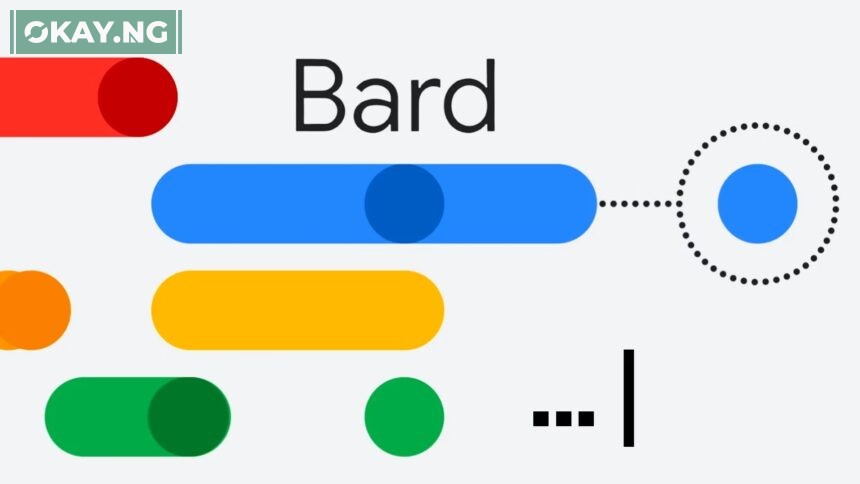Google has recently announced the global expansion of Bard, its conversational AI service, with the addition of 40 new languages and the inclusion of Swahili, the first African language to be supported.
This expansion encompasses 59 new countries and territories, allowing users from various regions to benefit from the service’s enhanced features and customization options.
Bard now caters to a global audience, offering support in multiple languages, including popular ones like Chinese, German, Spanish, Arabic, Hindi, and Swahili.
Additionally, users can access Bard in their preferred language, with text-to-speech functionality available in eight languages.
Dorothy Ooko, the Head of Communications and Public Affairs for SSA at Google, expressed excitement about this substantial expansion of Bard, emphasizing its role as a knowledge democratizer. Ooko stated, “We see its global availability as a great democratizer of knowledge. That’s why we created Bard: to help you explore that curiosity, augment your imagination, and ultimately get your ideas off the ground.”
To enhance user experience, several new features have been introduced as part of Bard’s expansion.
The “Listen to Responses” feature enables users to hear auditory representations of Bard’s responses, which proves particularly useful for accurate pronunciation or script comprehension with just a click on the sound icon.
Moreover, users now have the option to customize Bard’s responses by adjusting their tone and style. They can choose from five different options: simple, long, short, professional, or casual, ensuring a tailored interaction to meet individual needs.
Although this feature initially launched in English, plans are underway to extend it to other languages, thereby increasing accessibility for users worldwide.
In addition to these improvements, four new features have been introduced to increase productivity. Users can now pin and rename their conversations with Bard, facilitating easy access to important information or ideas in the future.
The “export code to more places” feature allows users to share Python code with Replit, in addition to Google Colab, streamlining code collaboration and project utilization. Furthermore, users can share Bard’s responses with friends through shareable links, fostering seamless collaboration and feedback exchange. Lastly, the introduction of image uploads with prompts enables users to provide visual context for their inquiries to enhance Bard’s understanding.
Bard aims to combine the vast knowledge available on the internet with the power, intelligence, and creativity of Google’s large language models. Leveraging information from the web, Bard provides insightful responses to user queries.
However, it is important to note that as an experimental technology, Bard may occasionally produce inaccurate statements.
Google encourages users to provide feedback if they encounter any issues or wish to report inaccuracies or unsafe responses.









